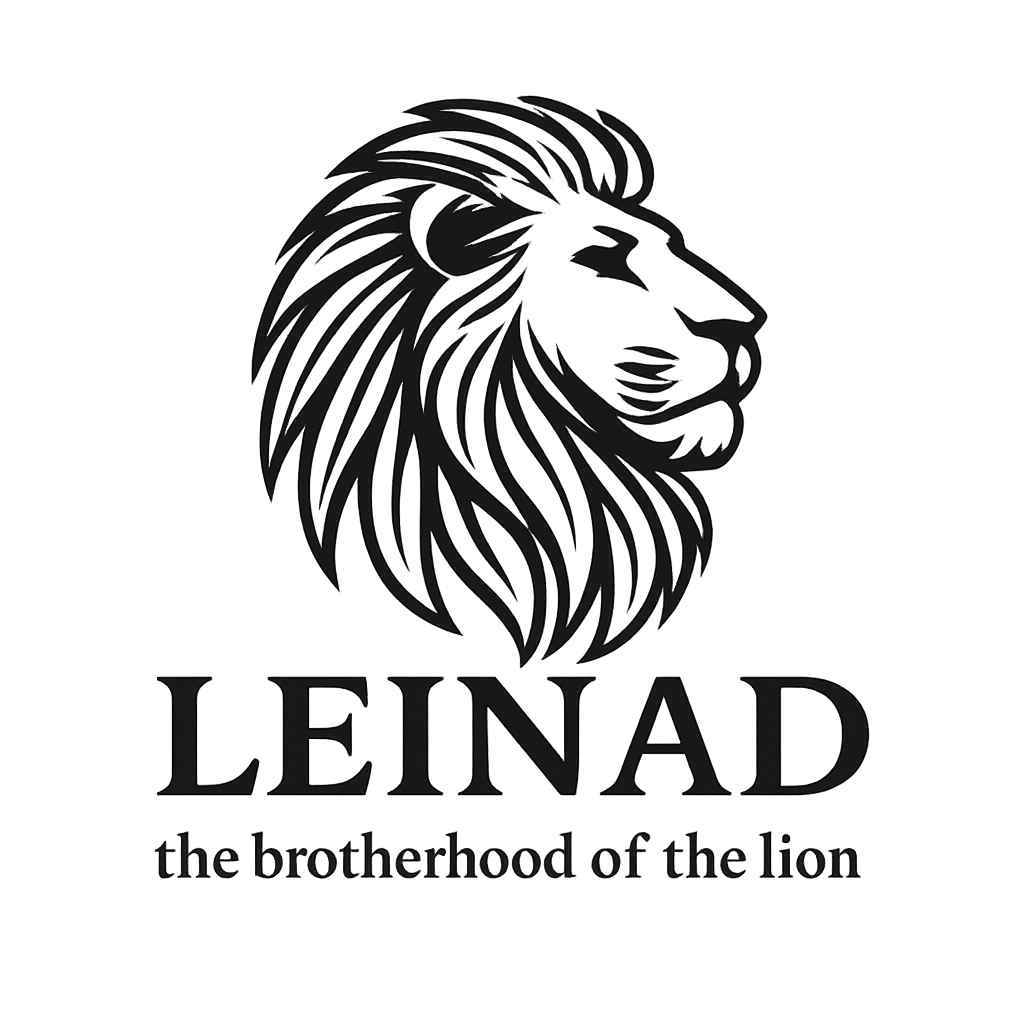That’s a deep and important question—and it goes right to the heart of how Scripture is interpreted.
The idea that humans have dominion over the earth comes from Genesis 1:26–28, which says:
“Then God said, ‘Let us make mankind in our image, in our likeness, so that they may rule (have dominion) over the fish in the sea and the birds in the sky, over the livestock and all the wild animals, and over all the creatures that move along the ground.’”
(Genesis 1:26, NIV)
Many Christians have historically interpreted “dominion” to mean control, superiority, or unrestricted use, which has fueled destructive attitudes toward nature, such as:
- Seeing the earth as a tool for human gain.
- Prioritizing industrial growth and consumption over environmental balance.
- Justifying exploitation of animals and ecosystems as “God-given rights.”
But this is a misreading of the text and the wider biblical narrative. Here’s why:
✋ 1. Dominion ≠ Domination
The Hebrew word translated as dominion is “radah”, which can mean ruling, but in the context of God’s image, it’s not tyrannical power—it’s servant leadership.
- Think of a good shepherd or wise king who cares for and protects their flock or people.
- Genesis 2:15 clarifies this by saying humans are to “work and take care of” the garden.
God’s kingship is always defined by justice, compassion, and stewardship—so our “rule” should mirror that.
🌱 2. Image of God = Responsibility
Being made in God’s image isn’t a license to dominate—it’s a calling to reflect God’s character: love, mercy, creativity, and respect for life.
To bear the image of the Creator means to care for creation as God would—not exploit it.
🤝 3. Scripture Interprets Scripture
- Psalm 8 marvels that humans are given care over creation, but within the context of awe and humility.
- Job 38–41 reminds us how little we understand the cosmos—God speaks of wild creatures and forces beyond human control.
- Romans 8 says creation groans under the weight of sin and longs for renewal—a direct consequence of human selfishness, not God’s design.
✝️ 4. Jesus Shows the True Way
Jesus, the perfect image of God, came not to be served, but to serve (Mark 10:45). If we are to rule as image-bearers of God, we must rule as Jesus did: with humility, healing, and self-giving love.
So Why the Misinterpretation?
- Cultural Bias: Western, industrialized societies are steeped in conquest, capitalism, and control—these values can color how Scripture is read.
- Selective Reading: Some emphasize Genesis 1 without considering Genesis 2 or the rest of Scripture.
- Theological Blind Spots: Creation care has historically been underemphasized in many church traditions.
In truth, the Bible presents a radically interconnected, reverent, and relational view of creation—not one where humans sit at the top, but one where we serve as part of a sacred whole.

